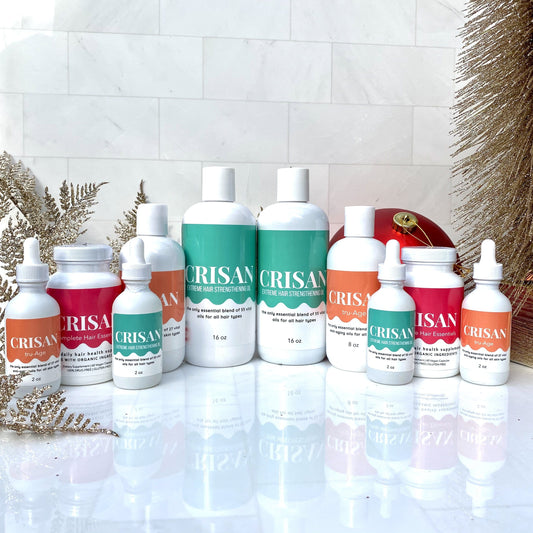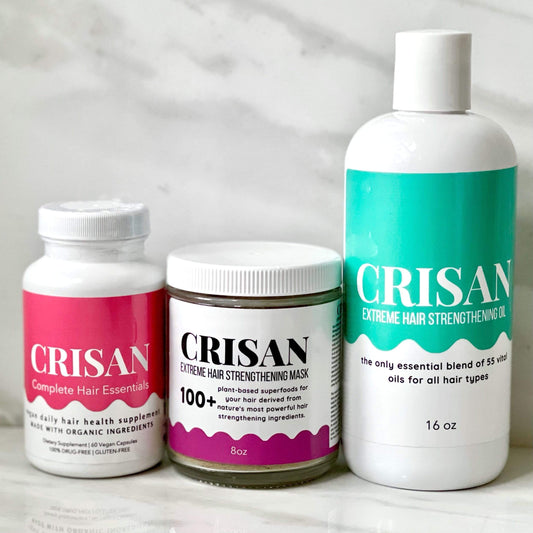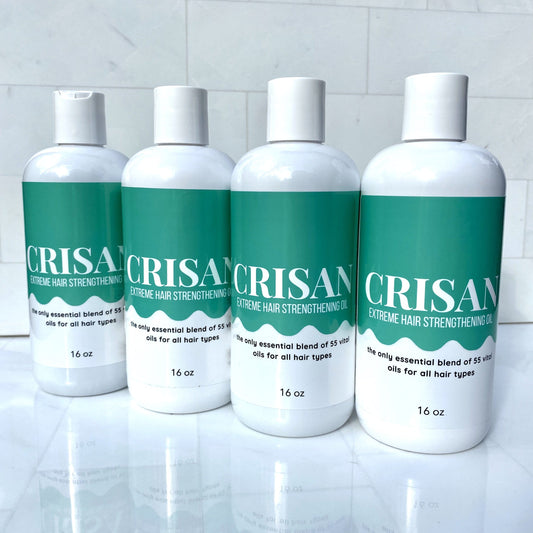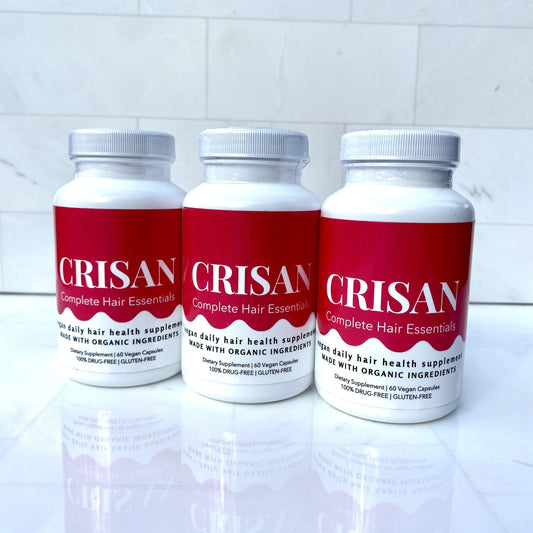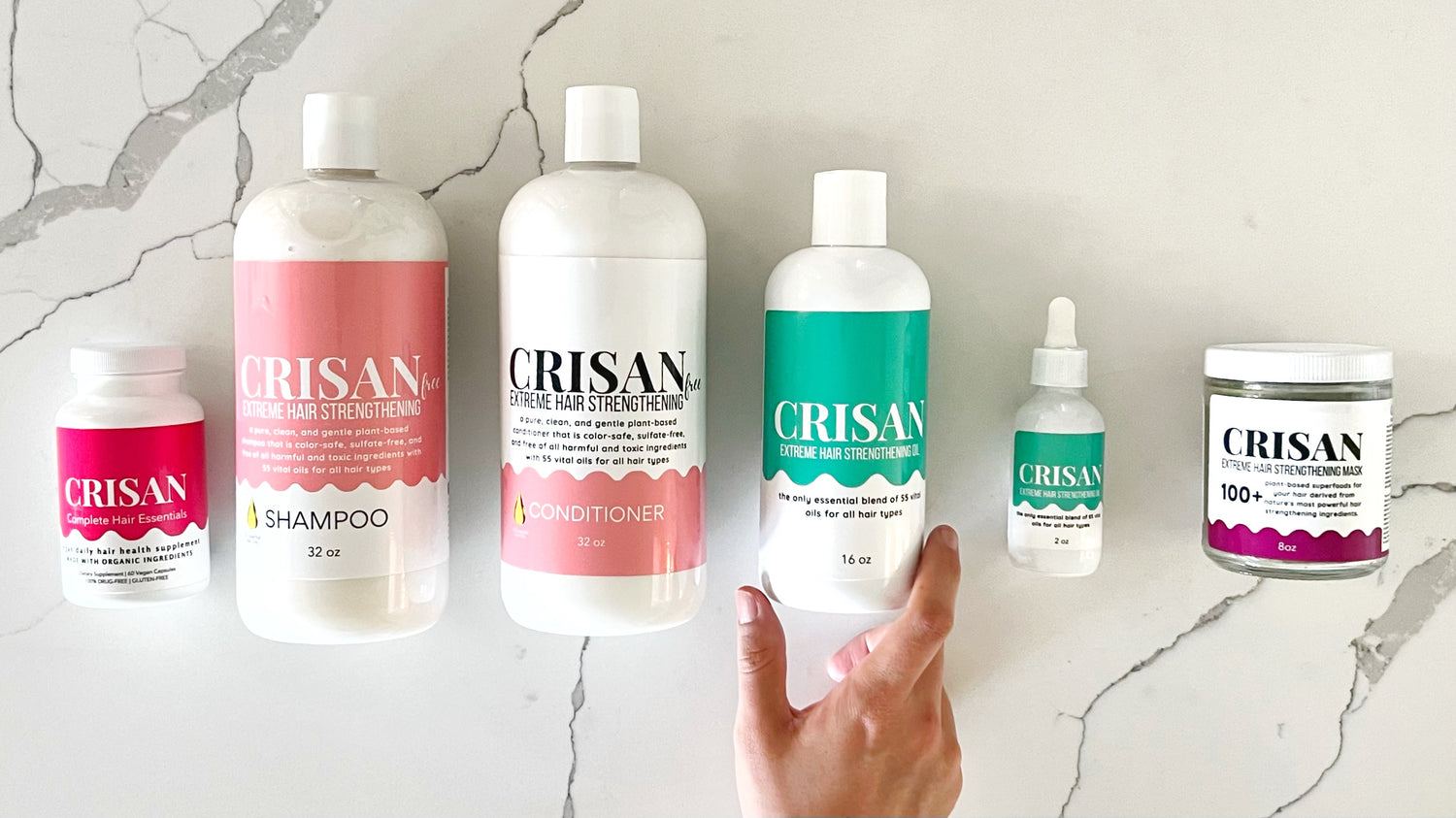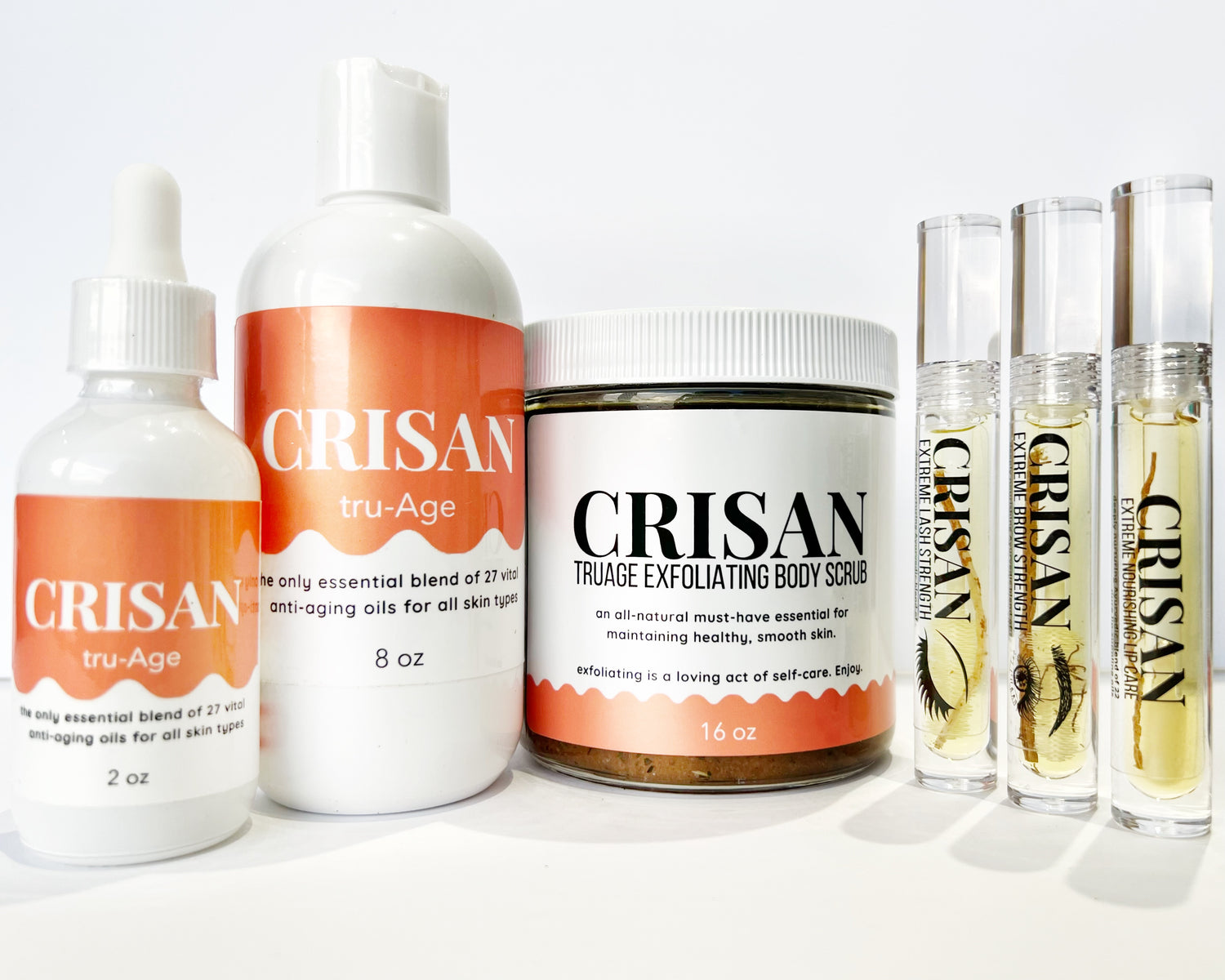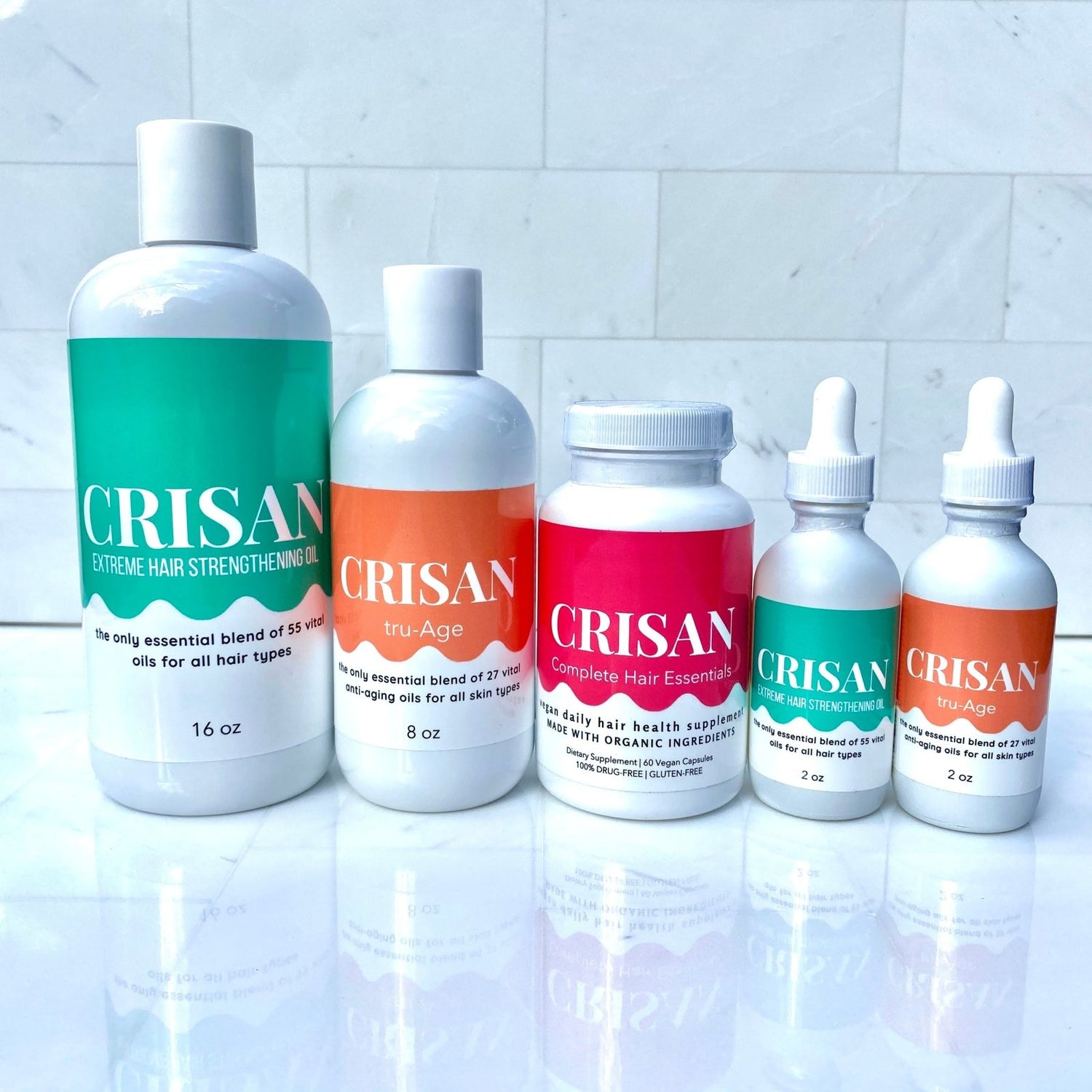Choosing the right organic conditioner for hair thinning can be a game-changer in your hair care routine. With the right ingredients, you can not only enhance the appearance of your hair but also improve its health and density. This article will guide you through understanding hair thinning, the key ingredients to look for, how to choose the best conditioner for your hair type, and expert tips for effective use.
Key Takeaways
- Choose conditioners with nourishing ingredients like botanical extracts and plant oils to improve hair health.
- Avoid harmful chemicals such as sulfates and parabens that can strip natural oils and cause brittleness.
- Consider your hair type—whether fine, curly, coarse, or color-treated—when selecting an organic conditioner.
- Using organic conditioners can provide moisture, shine, and improved hair density without weighing your hair down.
- Combine your conditioner with other hair care products like shampoos and serums for optimal results.
Understanding Hair Thinning and Its Causes
Hair thinning can be a distressing experience, impacting not just your appearance but also your confidence. Identifying the root cause is crucial in choosing the right products to promote hair growth and strengthen follicles. Whether due to genetics, hormonal changes, or environmental factors, understanding why your hair is thinning is the first step towards effective treatment.
Common Causes of Hair Thinning
Hair thinning can result from a variety of factors, including underlying illness, autoimmune conditions such as lupus, nutritional deficiencies, or hormonal imbalances. Environmental factors like pollution and exposure to harsh chemicals can also contribute to hair loss. It's essential to consult with a healthcare provider to rule out any medical conditions that might be causing your hair to shed.
How Hair Thinning Affects Different Hair Types
Different hair types can experience thinning in unique ways. For instance, fine hair may become more fragile and prone to breakage, while curly or coarse hair might lose its volume and bounce. Understanding your hair type can help you choose the most effective treatments and products.
Signs and Symptoms to Watch For
Early signs of hair thinning include increased hair fall, a wider part, and a noticeable reduction in hair volume. If you start to notice your hair thinning or falling out at a faster rate, it could be down to a number of reasons, from damage caused by heat styling to hormones. Being aware of these symptoms can help you take timely action to address the issue.
A good hair day can boost your mood like nothing else. Equally, dealing with hair loss or thinning can have a real impact on your confidence. If you start to notice your hair thinning or falling out at a faster rate, it could be down to a number of reasons, from damage caused by heat styling to hormones, but, thankfully, there are haircare products out there that can help.
Key Ingredients to Look for in an Organic Conditioner for Hair Thinning
When selecting an organic conditioner for thinning hair, it's crucial to focus on the ingredients. Nourishing botanicals and plant oils are essential as they provide the necessary nutrients to strengthen and moisturize your hair. Look for conditioners that prominently display organic botanical extracts, such as aloe vera, chamomile, and green tea, which are known for their soothing and revitalizing properties.
Avoiding harmful chemicals is equally important. Steer clear of products containing synthetic chemicals, sulfates, parabens, and artificial fragrances. These substances can strip the hair of its natural oils, causing brittleness and making it more susceptible to breakage. Instead, opt for conditioners with natural moisturizers and gentle, plant-based ingredients.
The role of vitamins and minerals in an organic conditioner cannot be overstated. Ingredients like biotin, vitamin E, and zinc are vital for promoting hair growth and maintaining scalp health. These nutrients help to improve hair density and overall hair health, making them indispensable in your hair care routine.
Choosing the right organic conditioner is a significant step in how to create an organic hair care routine for thinning hair. By focusing on natural, nourishing ingredients and avoiding harmful chemicals, you can support your hair's health and vitality.
To summarize, when considering how to choose organic shampoo for thinning hair, prioritize products with nourishing botanicals, avoid harmful chemicals, and ensure they contain essential vitamins and minerals.
How to Choose the Best Organic Conditioner for Your Hair Type
Choosing the best conditioner for your hair type can be a daunting task, but with the right information, you can find your conditioner BFF. Consider your hair type and specific concerns to ensure you select a product that meets your needs. Here are some tips for different hair types:
Fine Hair
For fine hair, it's essential to choose a conditioner that won't weigh your hair down. Look for lightweight formulas that add volume and body without leaving a heavy residue. Turn to conditioners that rebuild hair strength, fortified with natural proteins to enhance your hair's resilience.
Curly or Coarse Hair
Curly or coarse hair often requires more moisture to maintain its health and definition. Opt for conditioners rich in hydrating ingredients like shea butter, coconut oil, and aloe vera. These ingredients help to lock in moisture, reduce frizz, and enhance curl definition.
Color-Treated Hair
Color-treated hair needs special care to maintain its vibrancy and health. Choose a conditioner that is specifically formulated for color-treated hair, free from sulfates and parabens. These conditioners help to preserve your color while providing the necessary hydration and protection.
By considering these factors, you can make an informed decision when choosing an organic conditioner that aligns with your values, hair type, and desired results.
Benefits of Using Organic Conditioner for Hair Thinning
Moisture and Shine
Using an organic conditioner can significantly enhance the moisture and shine of your hair. The nourishing botanicals and plant oils in these conditioners help to lock in moisture, making your hair look more vibrant and healthy. This is particularly beneficial for those experiencing hair thinning, as it can give the appearance of fuller, more lustrous hair.
Improved Hair Density
One of the key benefits of using an organic conditioner is the potential for improved hair density. Ingredients like biotin and keratin can help to strengthen the hair shaft, reducing breakage and promoting thicker hair. This is especially important for those looking to prevent hair thinning with organic products.
Scalp Health
Organic conditioners often contain soothing, moisturizing ingredients that can improve scalp health. A healthy scalp is crucial for hair growth, and using an organic conditioner can help to combat dryness, itchiness, and irritation. This not only makes your scalp more comfortable but also creates an optimal environment for hair growth.
A healthy scalp is the foundation for healthy hair. Using organic products can help maintain this balance, ensuring your hair looks its best.
Incorporating an organic conditioner into your hair care routine can provide multiple benefits, from enhancing moisture and shine to improving hair density and scalp health. For best results, consider combining it with other organic hair care products and treatments.
Expert Tips for Using Organic Conditioner Effectively
Application Techniques
To get the most out of your organic conditioner, it's essential to apply it correctly. Start by distributing the conditioner evenly through your hair, focusing on the mid-lengths and ends. Avoid applying conditioner directly to your scalp as it can weigh down your hair and make it look greasy. For an intensely nourishing hair mask, mix your conditioner with natural oils such as coconut oil or argan oil.
Frequency of Use
The frequency of using an organic conditioner can vary based on your hair type and needs. Generally, using it 2-3 times a week is sufficient for most hair types. However, if you have very dry or damaged hair, you might benefit from more frequent conditioning. Pay attention to how your hair responds and adjust accordingly.
Combining with Other Hair Care Products
Conditioners are typically used in combination with shampoos, serums, or other treatments aimed at stimulating hair growth and maintaining scalp health. When combining products, ensure they are all compatible and free from harmful chemicals. This holistic approach can enhance the overall health and appearance of your hair.
Remember, the key to effective hair care is consistency and using products that suit your specific hair needs.
Top Recommended Organic Conditioners for Hair Thinning
When it comes to choosing the right organic conditioner for hair thinning, there are several standout products that have garnered positive reviews and user testimonials. These conditioners are loaded with hair- and scalp-benefitting ingredients, making them excellent options for those looking to improve hair density and scalp health.
Product Reviews
-
Paul Mitchell Tea Tree Scalp Care Anti-Thinning Conditioner
- Price: $27 (Available on Amazon, Ulta, Walmart, JC Penney)
- What We Like: Lab tested & found to increase hair volume and strength, easy to control the amount of product dispensed, refreshing minty scent
- What We Don’t Like: None mentioned
-
Nutrafol Conditioner
- Price: $44 (Available on Amazon)
- What We Like: Physician-formulated for thinning hair, moisturizing, strengthening, and color-safe, lightweight protection
- What We Don’t Like: Higher price point
-
PURA D'OR Anti-Thinning Biotin Shampoo & Hair Regrowth Conditioner
- Price: Varies (Available on Amazon)
- What We Like: Clinically tested proven results, DHT blocker thickening, suitable for women and men
- What We Don’t Like: Earthy scent may not be for everyone
User Testimonials
"I've been using the Paul Mitchell Tea Tree Scalp Care Anti-Thinning Conditioner for a few months now, and I've noticed a significant improvement in my hair's volume and strength. It's refreshing and easy to use." - Sarah, 34
"Nutrafol Conditioner has been a game-changer for my thinning hair. It's lightweight and doesn't weigh my hair down, plus it's safe for my color-treated hair." - Mike, 45
Where to Buy
- Amazon: Offers a wide range of options, including the Paul Mitchell, Nutrafol, and PURA D'OR conditioners.
- Ulta: Carries the Paul Mitchell Tea Tree Scalp Care Anti-Thinning Conditioner.
- Walmart: Another retailer where you can find the Paul Mitchell conditioner.
- JC Penney: Also stocks the Paul Mitchell conditioner.
For those wondering how to thicken hair with organic treatments, these conditioners provide a natural and effective solution. They are designed to nourish the scalp and strengthen thinning hair, making them ideal for anyone looking to naturally regrow hair with organic products.
Discover the best organic conditioners specifically designed to combat hair thinning and promote healthier, fuller hair. Our top recommendations are crafted with natural ingredients to nourish your scalp and strengthen your hair from root to tip. Don't miss out on achieving the hair of your dreams!
Conclusion
Choosing the right organic conditioner for thinning hair can make a significant difference in the health and appearance of your hair. By focusing on products with nourishing, natural ingredients and avoiding harmful chemicals like parabens and sulfates, you can provide your hair with the moisture and strength it needs without weighing it down. Remember to consider your specific hair type and concerns when selecting a conditioner, and don't hesitate to consult with a dermatologist for personalized advice. With the right conditioner, you can achieve healthier, fuller-looking hair and boost your confidence.
Frequently Asked Questions
Should I take my hair type into account when choosing a conditioner for thinning hair?
Yes, it's essential to consider your hair type when selecting a conditioner for thinning hair. Different hair types have unique needs, and choosing the right product can provide moisture, shine, and increased density without weighing your hair down.
What ingredients should I look for in a conditioner for thinning hair?
Look for conditioners with nourishing ingredients such as botanical extracts, plant oils, and natural moisturizers. Avoid products containing synthetic chemicals, sulfates, and parabens, as these can strip the hair of natural oils and cause brittleness.
How often should I use an organic conditioner for thinning hair?
The frequency of use depends on your hair type and specific needs. Generally, using an organic conditioner 2-3 times a week is recommended. However, if your hair is particularly dry or damaged, you might benefit from more frequent use.
Can I use a leave-in conditioner for thinning hair?
Yes, leave-in conditioners can be beneficial for thinning hair as they provide continuous moisture and protection. Opt for lightweight formulas that won't weigh your hair down, and consider spray-on products for easy application.
What are the benefits of using an organic conditioner for hair thinning?
Using an organic conditioner can provide numerous benefits, including improved moisture and shine, increased hair density, and better scalp health. Organic products are free from harmful chemicals, making them gentle on both your hair and scalp.
Are there specific conditioners recommended for thinning hair?
Yes, some conditioners are specifically formulated for thinning hair. Products like Paul Mitchell Tea Tree Scalp Care Anti-Thinning Conditioner are lab-tested to increase hair volume and strength. Always check product reviews and consult with experts to find the best option for you.


